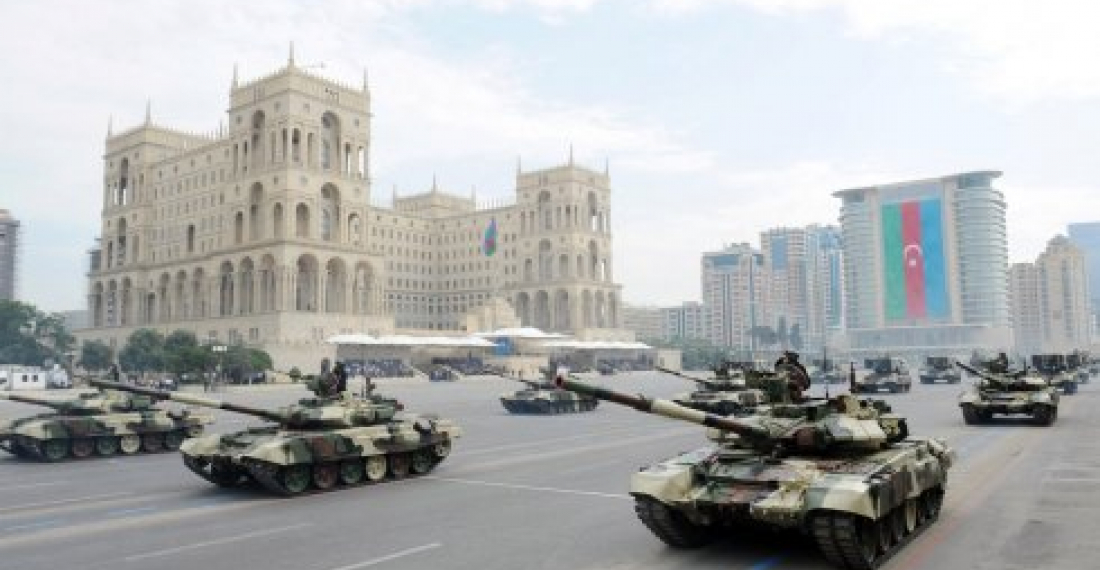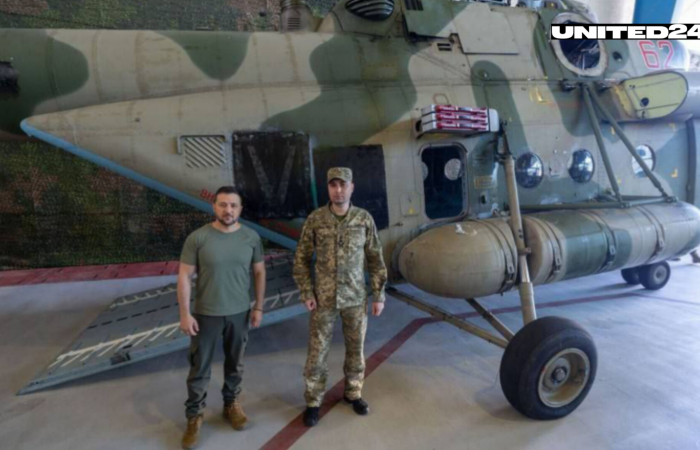In this op-ed for commonspace.eu, Azerbaijani conflictologist Avaz Hasanov says that at this stage neither Armenia nor Azerbaijan are interested in starting a new war in Karabakh, but if a new war was to start this will only strengthen Russia's hand in the region.
It becomes quite clear from the existing rhetoric in the country, that we will witness the continuing relevance of military sentiments in the region until Azerbaijan liberates its lands from the occupation, or the Nagorno-Karabakh conflict is resolved. Referring to this, Azerbaijan increases its military expenditures, and will continue to increase them, and will also seek to acquire new weapons, especially aviation. Everyone is confident in Azerbaijan that this war will be more a war of technical innovations. The military potential of the country is strengthening precisely in this direction.
In turn, Russia, by selling arms to Azerbaijan and arming Armenia, is interested in establishing a military balance in the region. Russia does not want to lose control over the region, even in the event the conflict is re-ignited. Russia is not interested in resolving the Nagorno-Karabakh conflict, it flirts with Azerbaijan and Armenia. If ever it would be possible to remove Russia element from this conflict, then it will be possible to talk about the unlikelihood of war. The current leadership of Russia does not know any other ways than the use of force, and it does not appear likely that it will leave Azerbaijan and Armenia alone, in compliance with civilized rules, to resolve the Nagorno-Karabakh conflict.
According to the Azerbaijani side, its desire to start a war is a means of influencing Armenia to liberate the occupied lands. Forcing Armenia to liberate the land by peaceful means is the most beneficial and least bloody way for Azerbaijan. Azerbaijan's propensity to start a war does not seem real under the current state of its economic projects, or at a time when its economy is weakening. For Armenia, too, it is not attractive to start and continue the war. As a result of the war, Armenia already achieved what it wanted to achieve. It is to start a war again that will jeopardize the country's economy, and increase political and military risks. It is therefore unlikely.
In this scenario, war may begin as a result of Russia's provocation. The war in Karabakh would be the best gift for the greater strengthening of Putin's power in the Caucasus. At the same time, war would be a good reason for the return to this region of the West and America. For now Russia, Armenia and Azerbaijan are able to restrain war from erupting - apparently they learned a lesson from last year's April war. What will happen in the future, no one knows.
Source: Avaz Hasanov is a conflictologist from Azerbaijan. He contributed this op-ed to commonspace.eu






